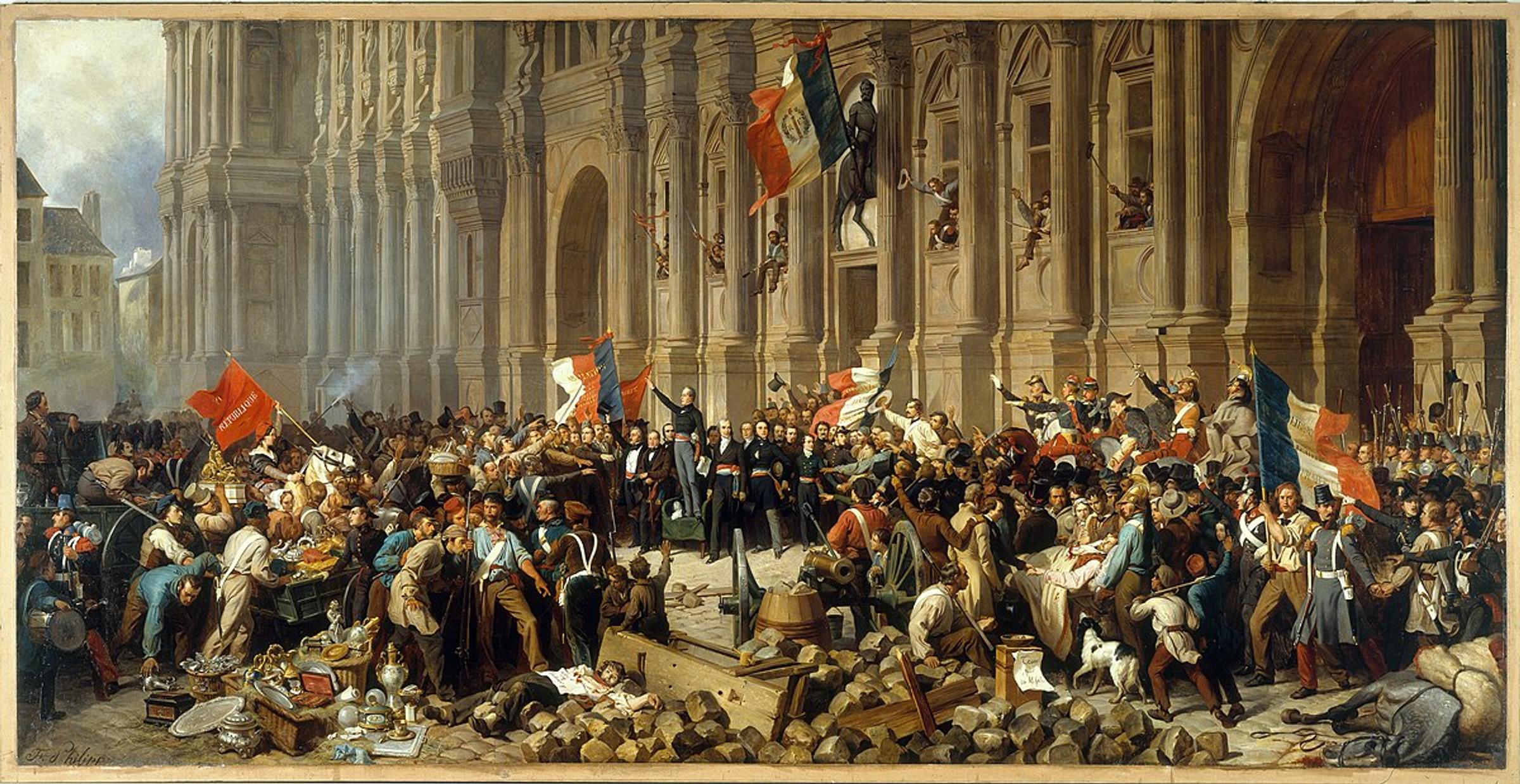History

Units 1 & 2: Empires
In Units 1 and 2 Empires, students investigate the foundations and features of both the Spanish and British Empires and the significant global changes they brought to the wider world in the early modern period. Empires at their core were expansionist, dominating trade and political influence in their regional or global contexts. A range of key factors arising from the social, political, economic, cultural, religious, environmental and technological features of Empires played a role in the ambition and quest for power, prestige and influence over rival and competing states.
In Unit 1 Empires, the Spanish Empire is the focus of study, and in Unit 2, the focus of study turns to that of the British Empire. Within both Units 1 and 2, the following lines of inquiry are explored:
- What were the foundations and features of the empire?
- What were the significant events and motivating forces that led to the rise of the empire?
- How did individuals, ideas and technologies contribute to the rise and expansion of the empire?
- How did the empire use and express its wealth and power?
- How did the empire manage and consolidate its power and influence?
- How did daily life change through exchanges between the empire and its colonies?
- What were the consequences of encounters between empire and indigenous peoples?
- To what extent did the empire decline and/or collapse?
- What were the significant legacies of the empire?
The study of the Spanish and British Empires in Units 1 and 2 History will lead into Unit 3 and 4 History: Revolutions.
On the completion of Units 1 & 2 History: Empires students should be able to:
- Identify the perspectives of people in the empire and how perspectives changed over time
- Identify different historical interpretations about the changes and challenges to an empire
- Explain the consequences of challenges and changes to an empire
- Evaluate the significance of events, ideas, individuals and movements
- Construct arguments about the challenges and changes of an empire using sources as evidence.
Units 3 & 4: Revolutions
Revolutionary Ideas, Movements and Leaders: Investigates ideas used in revolutionary struggle, the role of groups in bringing about radical change, exploring unity and tensions within the revolutionary groups, the roles of individuals and their publications in the revolution.
Creating a New Society: Involves studying crises of the revolution, the responses of the revolutionary state to the crises, changes to political and economic structures resulting from the revolution, continuities with the old regime in terms of power, wealth, social control, and everyday life.
Contexts: French Revolution and American Revolution.
On completion of this unit students should be able to:
- Evaluate the role of ideas, leaders, movements and events in the revolution
- Analyse the challenges faces by the emerging new order and evaluate the nature of the new society caused by the revolution
- Circumstances may require alternative Revolutions to be taught and studied, such as the French or Russian Revolution in place of the American Revolution
